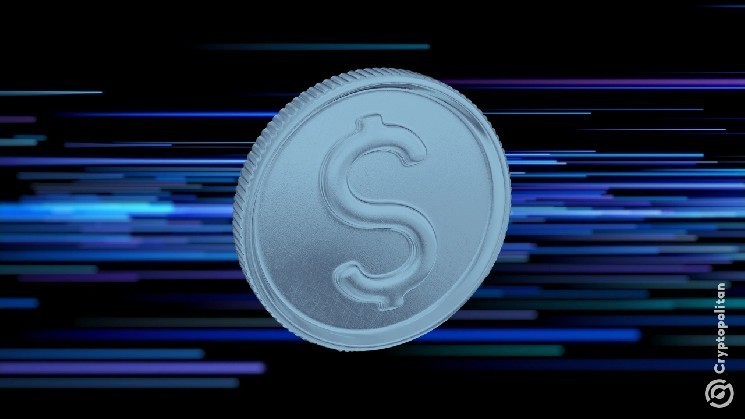SaturnX, the infrastructure provider for stablecoin-based cross-border payments with headquarters in Dubai, UAE, has closed a $3 million seed round. The round was led by White Star Capital, with participation from strategic institutional investors.
According to the press release the capital will be used to accelerate SaturnX’s expansion into new payment corridors in South East Asia, such as the Philippines, Bangladesh, Indonesia, Pakistan, to strengthen regulatory infrastructure and build end to end API platforms for enterprise grade stablecoin payments.
The Founder of SaturnX, Mirnas Brescic has experience in Rain crypto exchange, Bitpanda exchange, and the IAED.
SaturnX processes $250 million in five months
The company has already processed over $250 million in transaction volumes in just five months. It offers the infrastructure and APIs for instant low cost stablecoin transfers for financial institutions.
Mirnas Brescic, CEO and founder of SaturnX, noted that their vision is to connect the world of DeFi with financial use cases using stablecoins. He explains, “Despite considerable progress, cross-border payments are still expensive and slow. By offering a faster, cheaper, and programmable alternative, we’re helping financial partners unlock better ways to move money, starting with the world’s largest remittance corridors.”
SaturnX enables businesses and financial institutions to move money globally through an API-first platform that leverages stablecoin liquidity, smart FX routing, and regulatory-compliant payout networks.
The company pre-funds stablecoin liquidity pools in key markets, aggregates FX pricing in real time, within its corridor, from the Gulf region to South Asia, collectively enabling hundreds of millions in annual volume.
“We’re excited to back SaturnX at the forefront of a new payment infrastructure layer,” said Sep Alavi, General Partner at White Star Capital. “They’re operating in one of the most strategically important corridors globally, solving a massive pain point for cross-border remittances and B2B payments.”
Read the full article here
